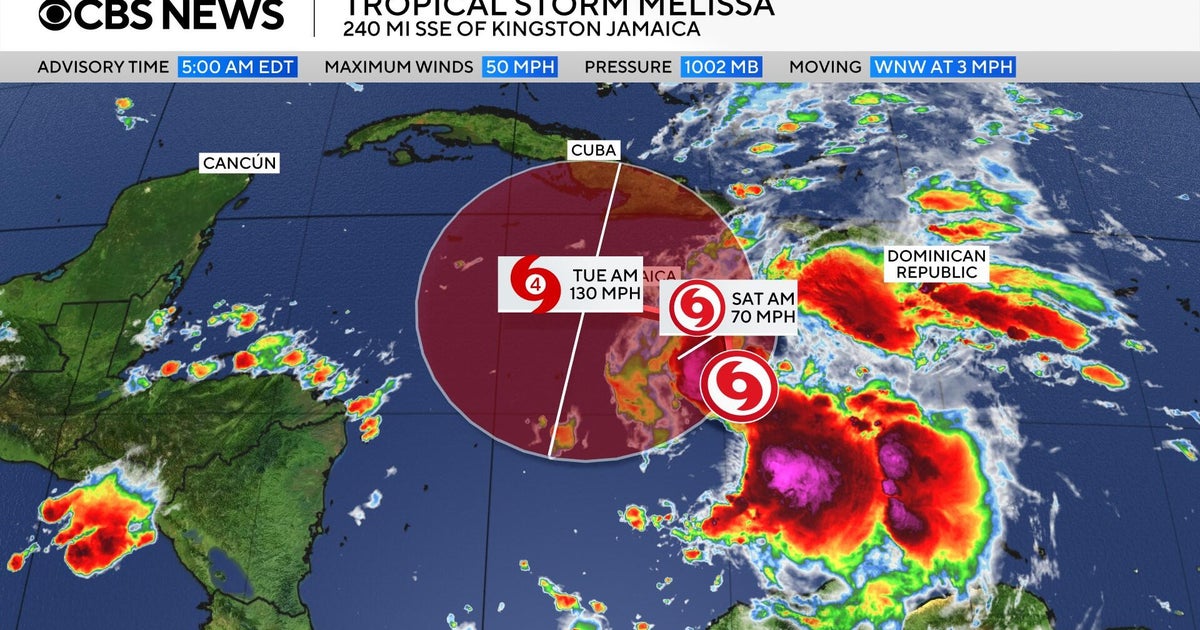PRESS REVIEW – Thursday, October 23: Papers discuss US President Donald Trump's expanding operation in the Caribbean Sea. Next: Iranian woman held in France conditionally released in a potential prison swap. Also: The Islamic State is resurging again in Syria. Finally, we take a look at elephant migration and its challenges...
US President Donald Trump’s war on drugs with South America’s cartels is intensifying. “Trump beats the drums of war for direct action in Venezuela”, writes The Washington Post. There are dozens of warships, planes and thousands of US troops newly deployed in the Caribbean Sea. Trump declared an “armed conflict” with drug trafficking groups. The article says that the US president seems determined to start a new war. Some say that the ultimate goal is to topple Venezuelan President Nicolas Maduro. The New York Times reports that the US also struck boats in the Pacific, expanding the operation. And after the Pacific, the US President threatened to expand the drug war to land, reports the Miami Herald, citing Trump. His strikes have been described as “extrajudicial killings,” but the president said he has the right to attack, calling it a national security issue.
Donald Trump also directly accused Gustavo Petro, Colombia’s president, of being a “drug trafficking leader”. An editorial in El País says that “Colombia and the US need each other”. It says that for decades, the relationship between the two countries has been a paradigm of strategic alliance in Latin America and what’s happening now was “unthinkable just a few years ago”. The editorial calls the escalation between Petro and Trump “not only a diplomatic dispute” but a “profound deterioration of trust and strategic calculation”. "Both sides must slow down," writes El País.
Next: Iranian woman Mahdieh Esfandiari, held in France, was conditionally released on Wednesday. She was arrested in France in February and accused of promoting terrorism on social media, reports Le Monde. The paper writes that France and Iran have discussed her release in exchange for Cécile Kohler and Jacques Paris, a French couple detained by Iran in May. The decision to free her under judicial supervision was confirmed by the prosecutors’ office, although it had urged the court to keep her detained. Her lawyer confirmed that the prosecutor "strongly opposed” her release but said that the argument was accepted and the court considered that the pre-trial detention was too long. Iranian state-owned Press TV writes that she is an academic who was detained for pro-Palestinian activism. Her arrest drew sharp criticism in Iran, saying it was politically motivated and a violation of free expression.
Also: The Wall Street Journal reports that the Islamic State is rising again in Syria, exploiting a reduced American presence after the collapse of the Assad regime. American and Kurdish military commanders said that the decentralized militant group is enlisting new recruits and widening its reach. The paper reminds that the Islamic State group became known for public beheadings and the enslavement of women. The Conversation reports that although Syria’s new president, Ahmed al-Sharaa, promised democracy, women are mostly excluded from parliament. In Syria’s recent elections, women won six seats from a total of 210.
Finally, we take a look at a report on elephant migration in Kenya by The Guardian. Each year, elephants wander huge distances, following the seasonal rains; they’ve been doing so for thousands of years. But high-speed roads are disrupting their migration. The article says that some elephants will manage to pass, but others are scared off by the traffic and noise. A proposed highway extension could cut off their migration routes forever. Another problem is clashes between humans and animals, which sometimes lead to deaths. The elephants’ migration routes are often close to where people live. Sometimes people’s homes are even built in the middle of migration routes. And when they have crops there, the animals usually try to get some food, sometimes becoming aggressive with humans. Conservation organisations are working with local people, trying to find a middle ground. Beehive fences, for example, scare off elephants without hurting them and help pollination of the crops. The good news is that local people still want to make cohabitation work.
You can catch our press review every morning on France 24 at 7:20am and 9:20am (Paris time), from Monday to Friday.











 English (US) ·
English (US) ·